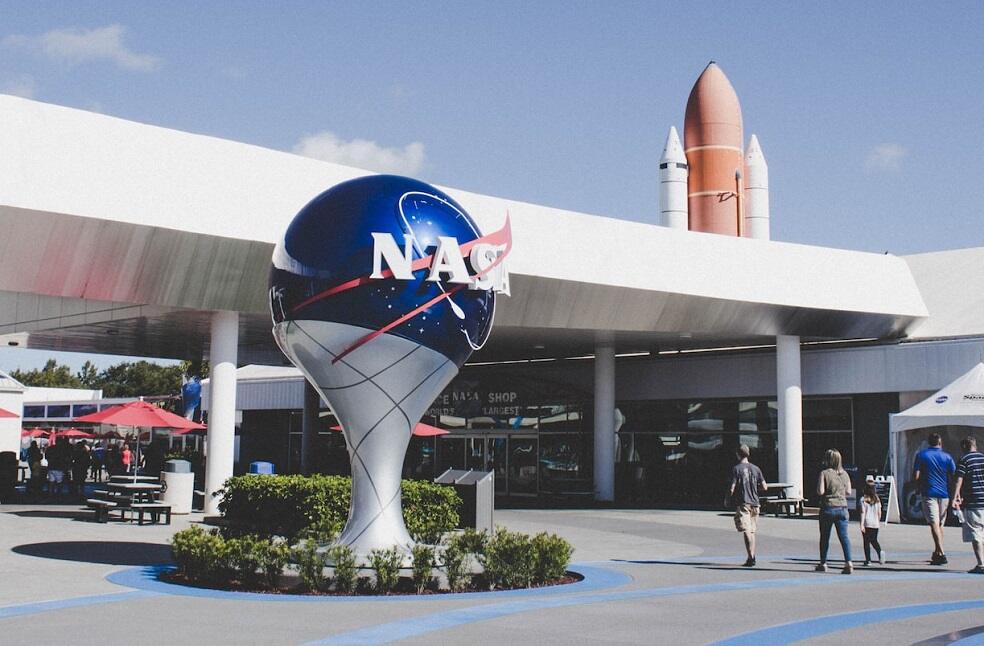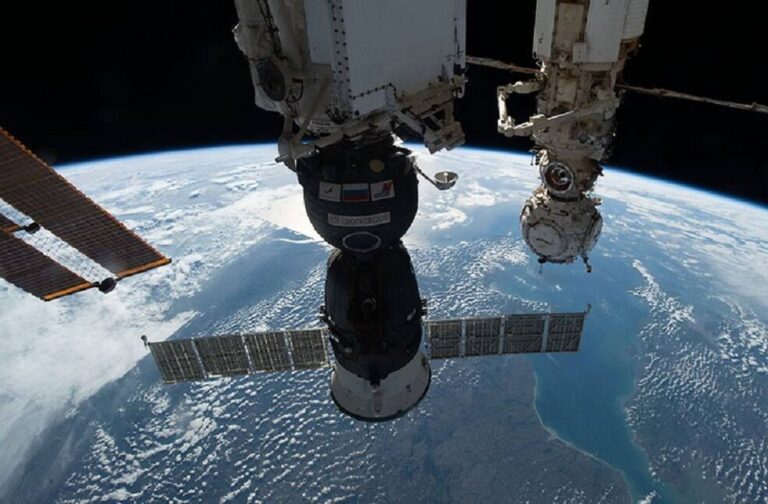Russia: The Russian space agency, Roscosmos, is preparing a “rescue” plan to return three crew members from the International Space Station (ISS) earlier than expected after their Soyuz capsule suffered a coolant leak.
Representatives from Roscosmos and NASA cited they were still looking into how the coolant line of the spacecraft’s external radiator developed a minor hole last week, just as two cosmonauts were getting ready for a routine spacewalk.
The exact method by which the three Russian crew members will return to Earth is still unknown. Options include launching another empty Soyuz to rescue them or, perhaps less likely, sending them in the leaky capsule without most of its coolant.
LIVE: Listen as we discuss the ongoing investigation of an external leak that occurred on Dec. 14 from the Soyuz spacecraft docked to the @Space_Station. https://t.co/nLniKx5igz
— NASA (@NASA) December 22, 2022
According to Mr. Sergei Krikalev, Roscosmos’ human spaceflight program leader in Russia, the damage was being assessed.
If a thermal analysis, which assesses how hot it will get inside the cabin, concludes that the Soyuz MS-22 capsule is unfit for crewed flight, then a scheduled launch of another Soyuz capsule in mid-March from Baikonur Cosmodrome could be moved up and the capsule would be sent to the ISS without crew, Mr. Krikalev added.
Mr. Joel Montalbano, NASA’s ISS program manager stated that, “They’re looking at late February to send up the next Soyuz vehicle.”

If this were the case, the damaged spaceship would return to Earth without a crew. The leak on 14th December 2022 prompted mission controllers in Moscow to call off a spacewalk as a dramatic live NASA webcast showed what appeared to be a flurry of snowflake-like particles spewing from the rear of the Soyuz spacecraft. The radiator that controlled the temperature in the crew cabin of the spaceship was completely drained by the leak, which persisted for hours.
NASA has stated that none of the ISS crew was ever in any danger from the leak. The Russian capsule’s crew compartment is currently being vented with airflow allowed through an open hatch to the ISS. NASA has previously claimed that the temperature of the capsule is still “within acceptable limits,” but Mr. Krikalev noted that if the gate to the ISS were closed, the temperature would increase quickly.

The ISS is a science laboratory spanning the length of a football field, orbits about 400 KM above the Earth and has been continuously occupied for 20 years. The station is managed by a US-Russian-led partnership, which also includes Canada, Japan and 11 European countries. It has remained a rare venue of cooperation between Moscow and Washington since the start of Russia’s war on Ukraine and ensuing Western sanctions on Russia, as per the report.
According to the statement, the leak has upended Russia’s ISS routines for the weeks ahead, forcing a suspension of all future Roscosmos spacewalks as officials in Moscow shift their focus to the leaky MS-22.



